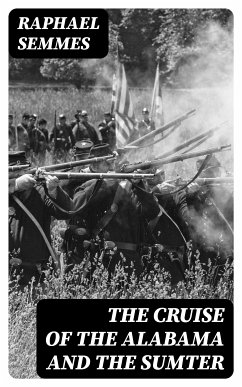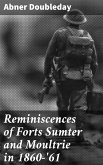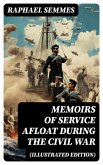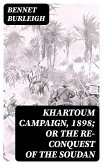Raphael Semmes' 'The Cruise of the Alabama and the Sumter' is a detailed and captivating account of the Confederate Navy's commerce raiding during the American Civil War. Written in a straightforward and factual style, Semmes meticulously documents the voyages of the infamous Confederate ships, the CSS Alabama and the CSS Sumter, highlighting their successes and challenges at sea. The book provides a unique insight into naval warfare of the era, shedding light on the strategies and tactics employed by the Confederate Navy. Semmes' narrative brings to life the thrill of high-seas adventure and the harsh realities of war, making it a valuable historical source for scholars and enthusiasts alike. Raphael Semmes, a renowned naval officer during the Civil War, draws upon his personal experiences as the captain of the CSS Alabama to write 'The Cruise of the Alabama and the Sumter'. His expertise and first-hand knowledge of naval warfare bring authenticity and depth to the narrative, making it a compelling read for anyone interested in military history. Semmes' leadership and skills as a naval commander are evident in his detailed accounts of the ships' exploits, adding a personal touch to the historical events described in the book. I highly recommend 'The Cruise of the Alabama and the Sumter' to readers who are fascinated by naval history and the American Civil War. Semmes' thorough research and engaging writing style make this book a must-read for those seeking a deeper understanding of the Confederate Navy's operations during the turbulent times of the Civil War.
Dieser Download kann aus rechtlichen Gründen nur mit Rechnungsadresse in A, B, BG, CY, CZ, D, DK, EW, E, FIN, F, GR, H, IRL, I, LT, L, LR, M, NL, PL, P, R, S, SLO, SK ausgeliefert werden.









